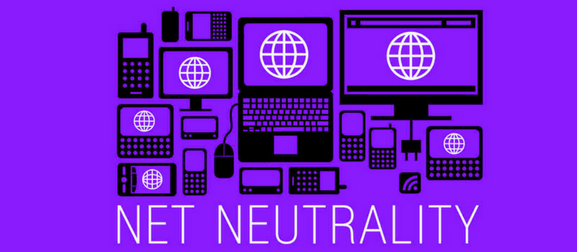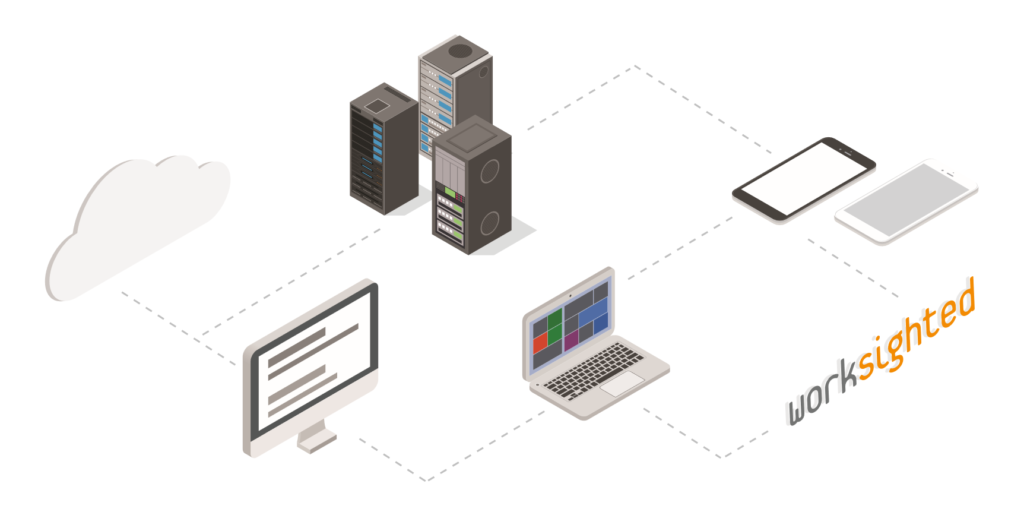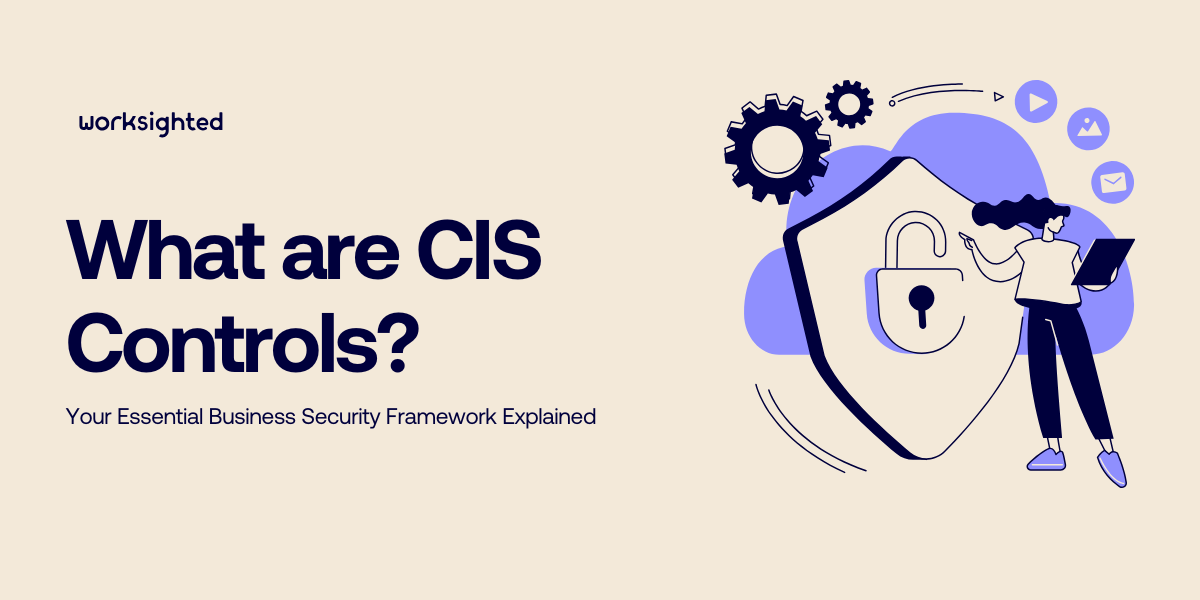How Can Net Neutrality Affect Your Business?

Small business owners today can literally compete with any business in the world if they have a presence online, but recent federal changes are threatening that open playing field. These changes are happening fast, perhaps even faster than Fiber Internet speeds in downtown Holland.
Let us explain.
All Internet traffic is created equal, right?
The overarching concern, a concern addressed and subsequently more protected during the last administration, is net neutrality.
Net neutrality means Internet Service Providers (ISPs) ensure all Internet traffic receives the same treatment – whether you are large or small – information is sent and received in a neutral way. In other words, classifying the Internet as a public utility to “legally prevent ISPs from blocking, throttling, or prioritizing websites as they see fit,” according to Business Insider.
Behind the scenes, without being a household name, net neutrality has provided small businesses the opportunity to grow their businesses online. And, surprise, they have.
“Worst-case scenario: Instead of being able to sell to anyone with an Internet connection, fledgling entrepreneurs would find their customers limited to those who paid for the ‘Internet package’ that covers access to their particular website. It would be like your cable TV plan: The more you pay, the more channels you receive,” Entrepreneur.com wrote. “The reason innovation thrives online today is that everyone has access to every channel equally.”
And it’s not just small business.
“Network neutrality is crucial for the growth of both new and established companies; virtually all sales, from the largest company to the smallest new business, now rely on the Internet,” Wired Magazine wrote.
What’s the downside to net neutrality?
With a new administration and new appointments to the Federal Communications Commission (FCC), however, net neutrality is under question.
In March, Congress voted to repeal privacy regulations requiring your ISP to obtain your permission before selling your browser history and app usage to advertisers. FCC Chairman Ajit Pai is expected to shift his attention in April to reviewing net neutrality.
Internet providers such as AT&T Inc, Verizon Communications Inc and Comcast Corp have argued net neutrality rules make it difficult to manage Internet traffic and discourage investment in additional capacity, according to Reuters.
Pai has recently “huddled with the industry’s lobbying groups like USTelecom and CTIA, which together represent the likes of AT&T, Comcast, Charter, Sprint, T-Mobile and Verizon,” Recode reported.
Possible net neutrality changes include:
● Overturning the classification of the Internet as a public utility
● Asking ISPs to voluntarily agree to not obstruct or slow Internet access
● Moving oversight to the Federal Trade Commission (FTC), which has less regulations
Will the conversation about net neutrality remain nice this spring? Probably not. Why? Politicians are involved, of course.
Vimeo, a video sharing site, plans to advocate for net neutrality, if needed, and expects other tech companies to join them.”’When people have something to lose, you get more people on board,’” Vimeo’s general counsel, Michael Cheah, said in The Journal Gazette. “’You have a greater incentive for people to dig in and fight this. From private conversations I’ve had, there are companies big and small that do care about this.’”





